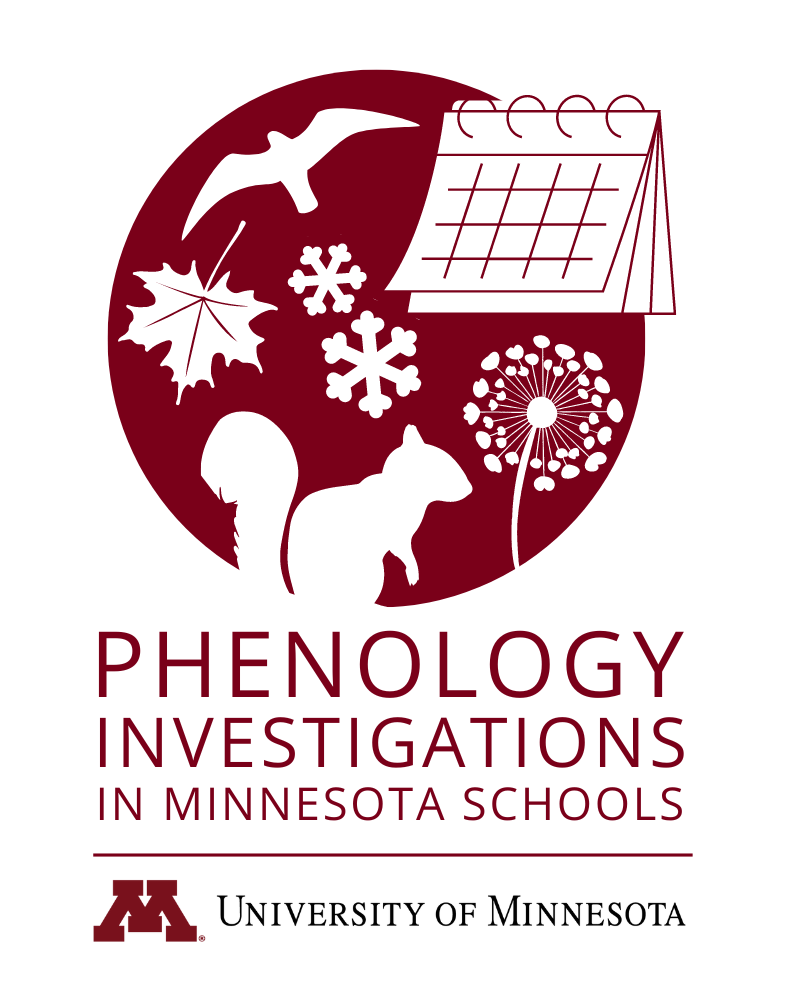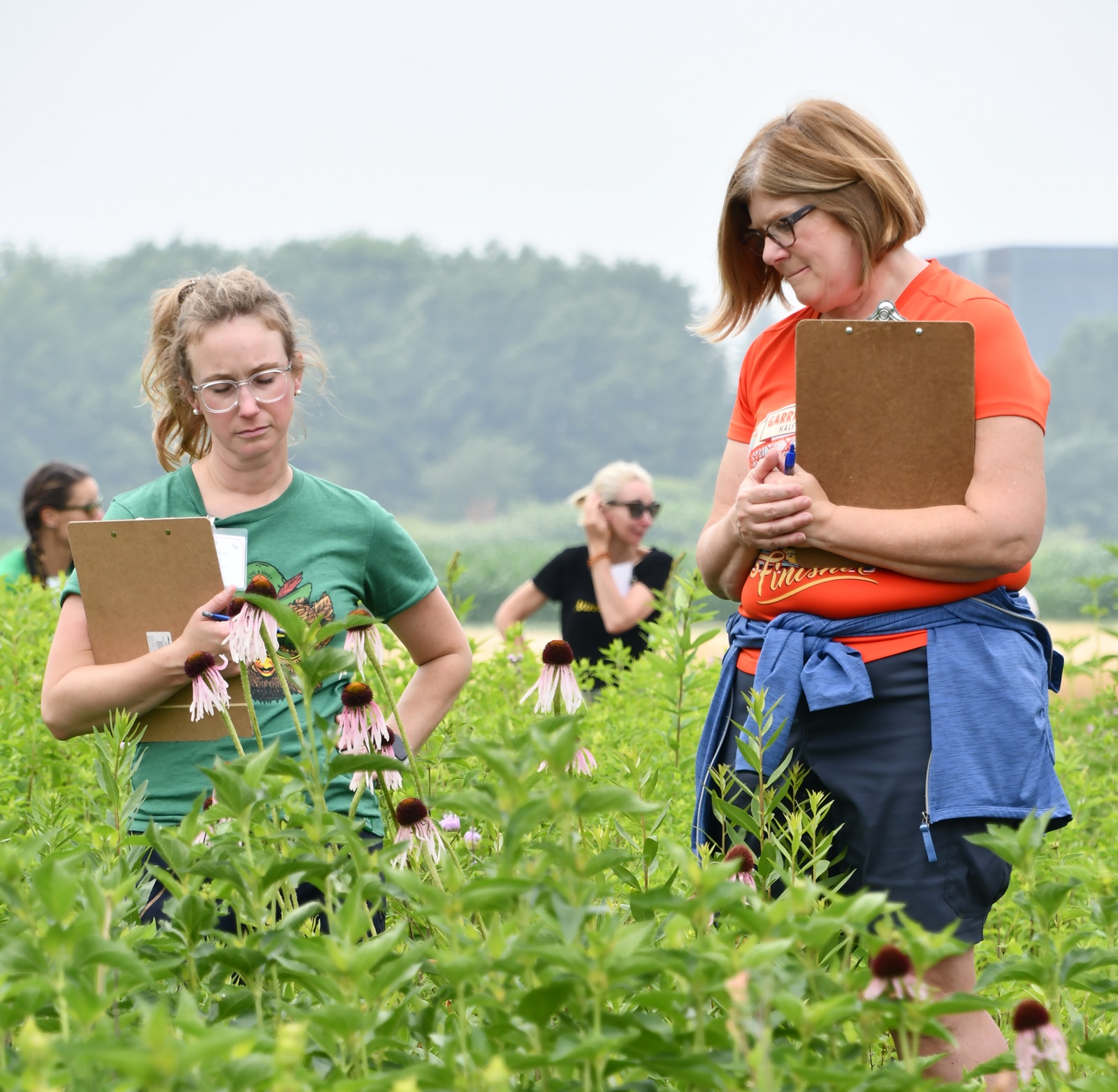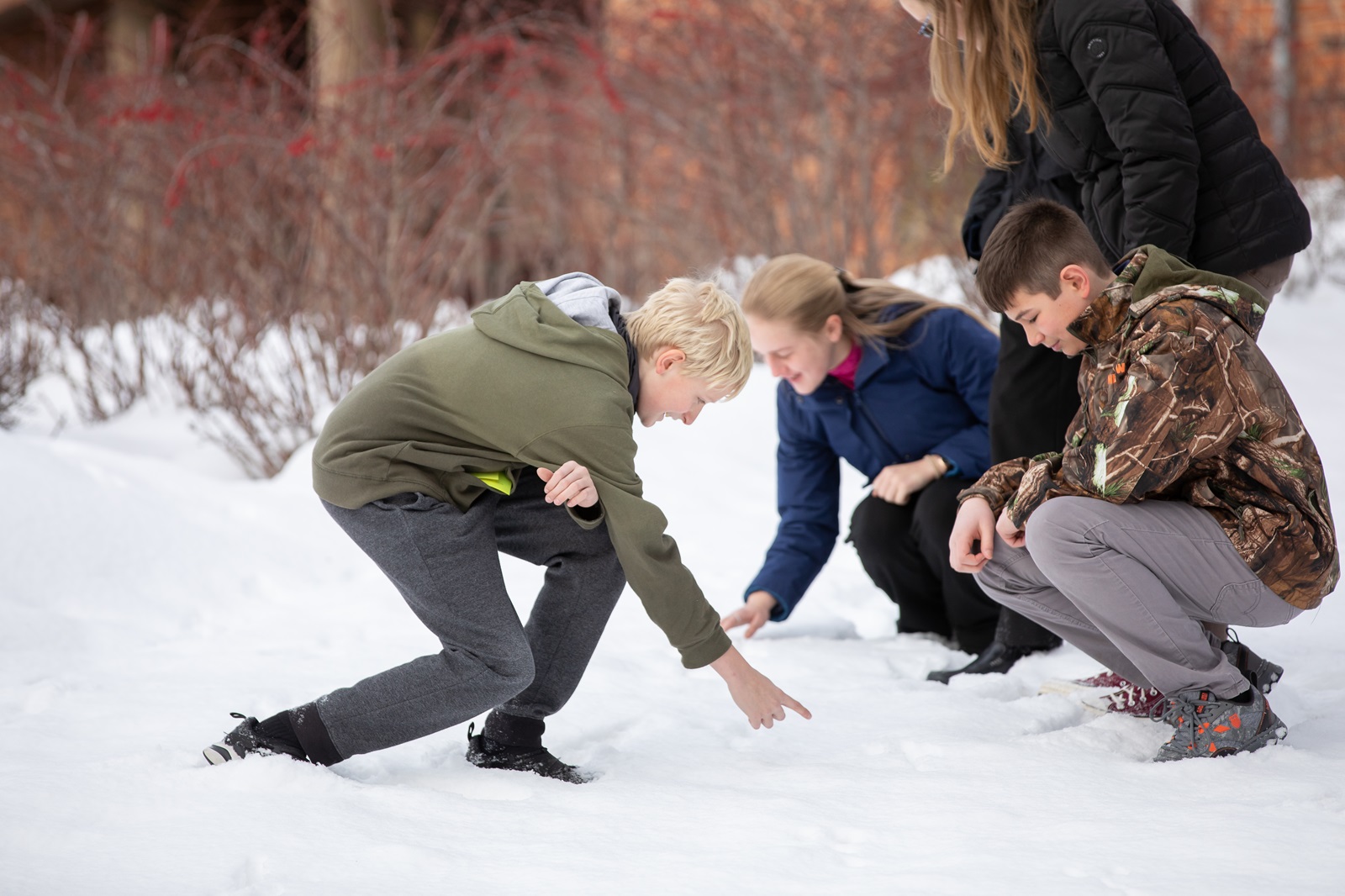Free Professional Development Workshop
Place-based learning in Western Minnesota for science and agriculture teachers, grades 6-12
Help students build a deeper understanding of phenology and climate change by participating in Phenology Investigations in Minnesota Schools (PIMS). This year-long professional development experience provides curricula, resources, and activities to support standards-based instruction throughout the academic year in grades 6-12 science and agriculture classrooms. A special emphasis is placed on reaching Western Minnesota teachers and their students; however, ALL science and ag teachers are encouraged to apply.
Sign up for alerts about when to apply
On this page: When and where is PIMS Cohort 3?; PIMS' learning plan; Program goals, benefits, resources & requirements; Apply to PIMS; PIMS Team
Between sessions, participant-teachers keep personal phenology journals and occasionally connect with other cohort members to complete activities.
Workshop session dates:
July 18-19, 2026
October 10-11, 2026
January 30-31, 2027
May 1-2, 2027
Free lodging at Chrysalis House or similar accommodations.
- Summer session: You are required to stay onsite overnight at Chrysalis House. (Check in Saturday, July 18, check out Sunday, July 19, 2026.)
- Fall, Winter, Spring sessions: Free lodging is optional for local participants.
Participants will receive detailed information following acceptance into the PIMS program.
Learning with PIMS
Four seasonally-themed weekend sessions prepare you to teach phenology throughout the academic year.
All sessions include a naturalist hike, nature journaling, and a mini investigation. Woven throughout the experience, you will have structured time and guidance for planning how you will teach phenology in your classroom (your implementation plan).
Seasonally-specific content includes:
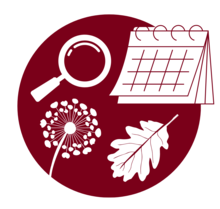
July 18-19, 2026
Introduction to phenology
Tree identification
Plant phenophases
Introduction to data and Nature’s Notebook
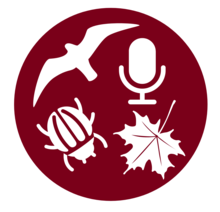
October 10-11
Bird phenology
Fall tree phenology
Insect & invertebrate phenology
Student phenology radio reports
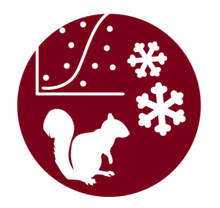
January 30-31, 2027
Mammal phenology
Animal tracks
Phenology and climate change
Long term phenology data analysis project
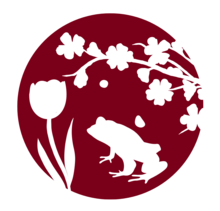
May 1-2
Flower phenology
Spring tree phenology
Amphibian & reptile phenology
Present scientific posters on climate data
Goals for educator-participants
- Grow and deepen your understanding of phenology and seasonal changes in Minnesota and how these changes relate to climate
- Design a phenology-focused scientific investigation using inquiry-based models tied to Minnesota Science Standards
- Develop skills for engaging students in phenology research, community science, and the process of science
Benefits
- Curriculum materials and field supplies ($200 value)
- $1,600 stipend ($200 per workshop day)
- One free University of Minnesota graduate credit (optional)
- Ongoing support throughout the school year for implementation of curriculum
- Free meals at sessions
- Saturday lunch, Saturday dinner, and Sunday lunch are provided for everyone
- Sunday breakfast is provided for participants staying onsite
- Free lodging at sessions
- For the summer session, all participants must stay onsite Saturday night.
- For the other three sessions, staying overnight is optional, and participants who live nearby may opt to drive back and forth.
Participants must meet requirements (see below) to receive benefits.
Resources
- Driven to Discover curriculum by University of Minnesota Extension
- STEAM and arts-infused lesson plans, activities, and materials for nature journaling
- Field supplies to help implement PIMS curriculum with students
- Guidance using Nature's Notebook to do community science
- Guidance using the Season Watch website to support student learning
Requirements
- Attend all four workshop sessions.
- July 18-19, 2026, October 10-11, 2026, January 30-31, 2027, and May 1-2, 2027
- For the summer session, all participants must stay onsite Saturday night. For the other three sessions, staying onsite Saturday night is optional.
- Work collaboratively with fellow cohort members in activities, discussions, and research
- Collect simple phenology data at or near your school throughout the cohort year (PIMS will show you how)
- Maintain a personal phenology journal throughout the program with regular journal entries
- Meet virtually with cohort members prior to the last workshop (Spring) to work on a group project
- Create and submit an Implementation Plan to incorporate phenology curriculum and activities in your classroom(s) in the future
- Complete an end-of-workshop online evaluation
Apply to PIMS Cohort 3
Cohort 3's application period is not yet open. Sign up for alerts about when to apply.
Alternatively, you can apply now for Cohort 1's place-based learning in Northern Minnesota (Palisade), where the first session is July 20-21, 2024.
